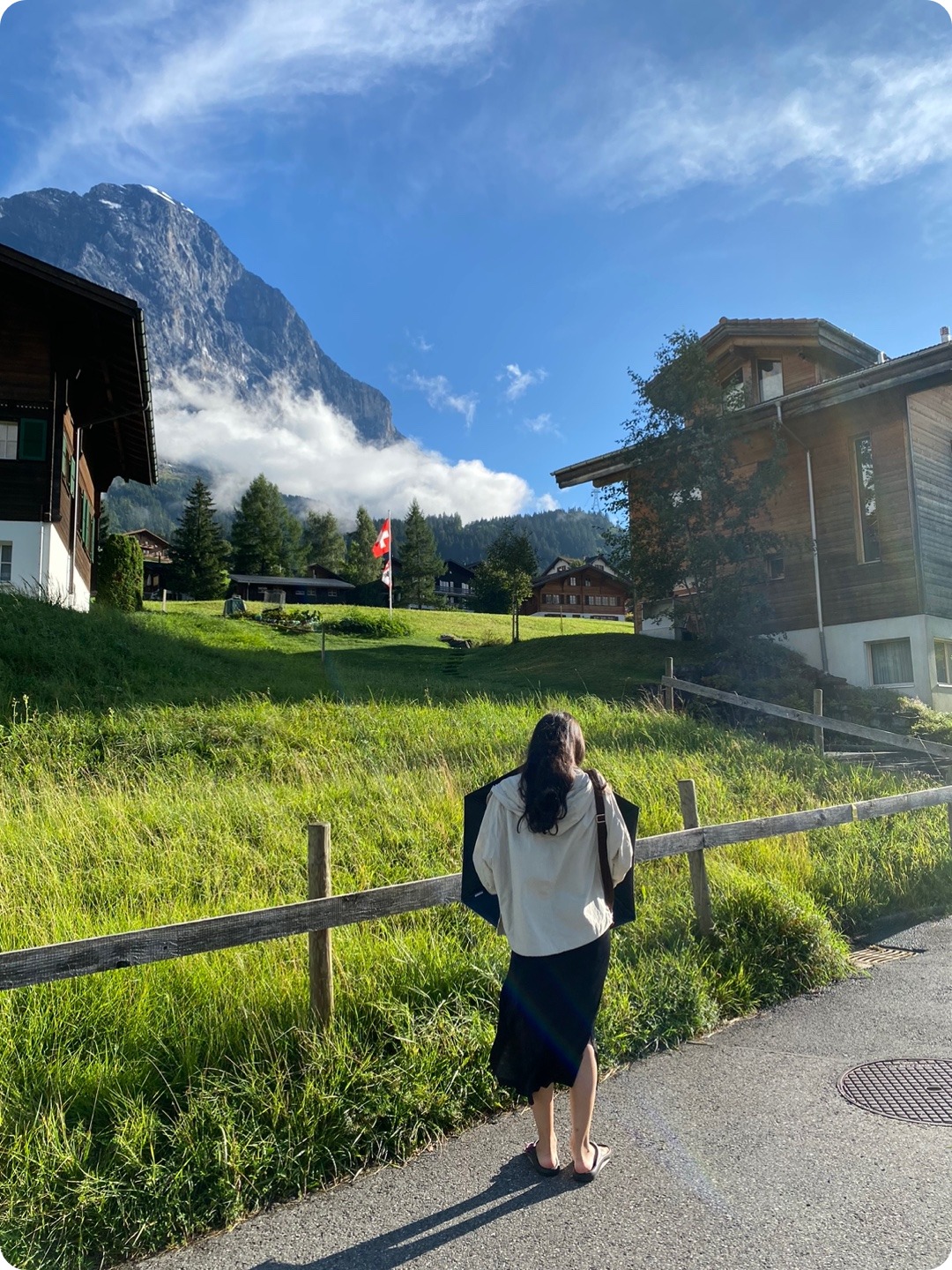Look again at that dot. That's here. That's home. That's us.
On it everyone you love, everyone you know, everyone you ever heard of, every human who ever was, lived out their lives.
The aggregate of our joy and suffering, thousands of confident religions, ideologies, and ecnomic doctrines, every hunter and forager, every hero and coward, every creator and destroyer of civilization, every king and peasant, every young couple in love, every mother and father, hopeful child, inventor and explorer, every teacher of morals, every corrupt politician, every "superstar", every "supreme leader", every saint and sinner in the history of our species lived there - on a mote of dust suspended in a sunbeam.
The Earth is a very small stage in a vast cosmic arena.
Think of the rivers of blood spilled by all those generals and emperors so that in glory and triumph they could become the momentary masters of a fraction of a dot.
Think of the endless cruelties visited by the inhabitants of noe corner of this pixel on the scarcely distinguishable inhabitants of some other corner.
How frequent their misunderstandings, how eager they are to kill one another, how fervent their hatreds.
Our posturings, our imagined self-importance, the delusion that we have some privilieged position in the universe, are challenged by this point of pail light.
Our planet is a lonely speck in the great enveloping cosmic dark.
In our obscurity - in all this vastness - there is no hint that help will come from elsewhere to save us from ourselves.
The Earth in the only world known, so far, to harbor life.
There is nowhere else, at least in the near future, to which our species could migrate.
Visit, yes. Settle, not yet.
Like it or not, for the moment, the Earth is where we make our stand.
It has been said that astronomy is a humbling and character-building experience.
There is perhaps no better demonstration of the folly of human conceits than this distant image of our tiny world.
To me, underscores our responsibility to deal more kindly with one another andd to preserve and cherish the pale blue dot, the only home we've ever known.
-Carl Edward Sagan, "Pale Blue Dot"-
위의 글은 보이저 1호가 태양계를 벗어나기 전에 카메라를 돌려 지구를 찍은 사진을 보고 칼 세이건이 감명을 받아 쓴 글이다.
원래 이 사진을 찍자고 제안한 것도 칼 세이건, 보이저호에 카메라를 탑재하자고 강력히 주장한 것도 칼 세이건이라고 알고 있다.
천문학적인 예산이 들어갔고 자칫 고장의 위험이 있어 많은 반대가 있었지만 과학적 의미를 넘어 인류에게 큰 의미를 줄 것이라고 판단되어 결국 1990년 2월 14일 이 사진을 찍게 된다.

지구라고 말하지 않으면 모를 먼지만큼 작아 보이는 지구 사진.
처음 이 사진에 대한 다큐를 봤을 때 엄청난 감동을 받았다.
그래서 힘들 때마다 가끔 이 말이 떠오르곤 한다.
멀리서 보면 저 티클만 한 지구에서 뭐 이런 사건 사고들이 많은지,,,
가끔 장자의 호접몽이 떠오르면서 내가 꿈을 꾸고있는건 아니지 하는 생각이 들기도 한다.
어렸을 적 그래도 서른이 넘으면 더 이상의 진로 걱정은 안 하게 될 줄 알았는데 내 삶은 여전히 치열한 고민의 연속이다.
가끔 무얼 위해 열심히 하나 삶이 너무 허무하게 느껴지기도 한다.
잘 살아가고있다고 자신감을 가지며 산다는건 어려운 일 같다.
그럼에도 불구하고 이 창백한 푸른점을 보면 드넓은 우주에서 아직까지 생명이 살 수 있는 곳은 지구이기 때문에 내 일상이 조금은 더 소중해지고 타인에게 친절해져야겠다는 생각을 한다.
힘들 때마다 봐야지.

